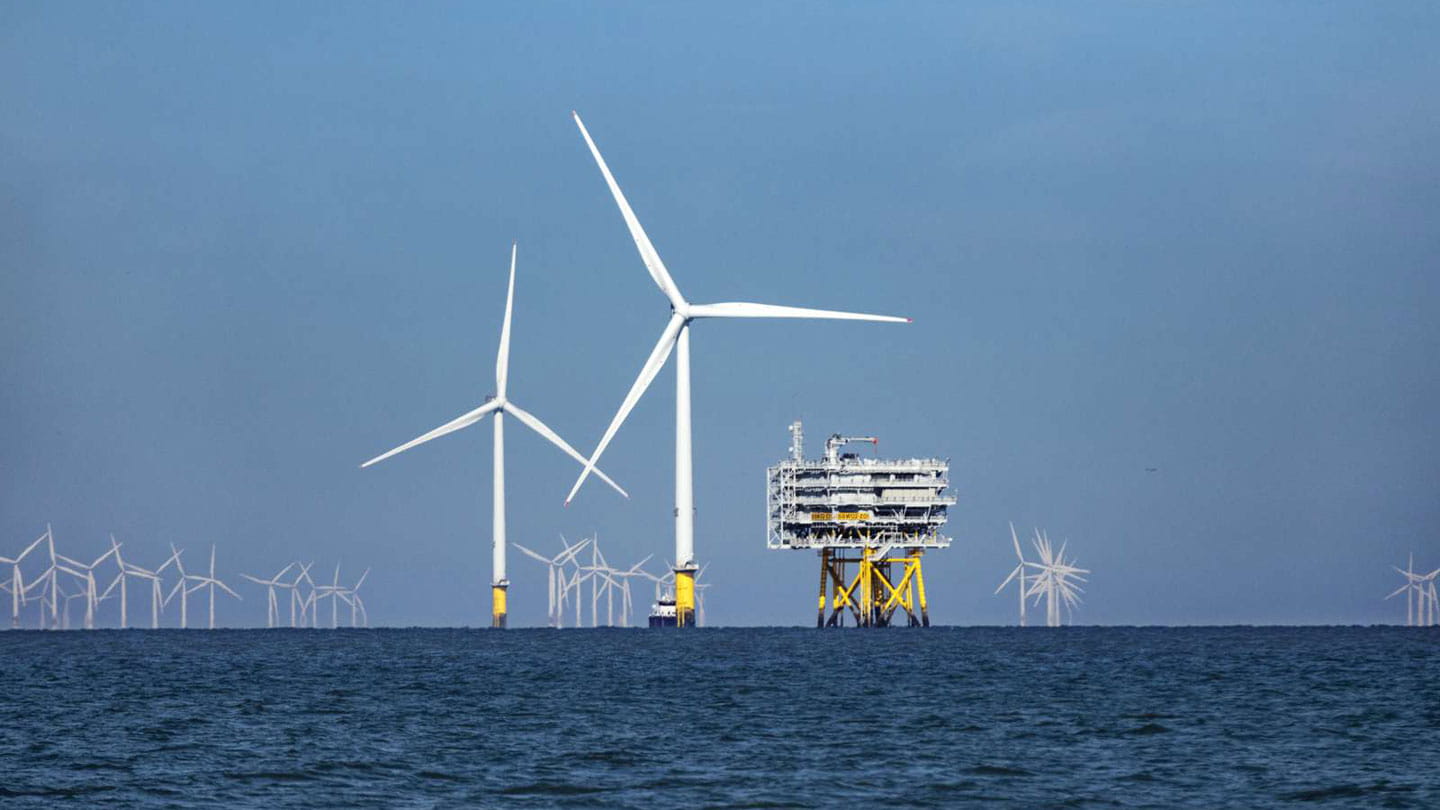Transitioning to renewable electricity in 2020 can make a big difference, helping organisations to play their part in achieving our net zero goal – and gain a competitive edge as we move towards a low-carbon future.
As we work towards our net zero ambitions, there’s likely to be growing pressure on business energy consumers to take real action on sustainability. New legislation is increasingly focused on gaining tangible evidence that organisations are taking sustainability seriously. One example is the Streamlined Energy and Carbon Reporting (SECR) scheme which requires businesses to publish the actions they’ve taken to improve their energy efficiency in their Directors’ Reports. The message is clear: businesses must be accountable for their role in helping to halt climate change.
With customers and stakeholders also expecting businesses to prioritise sustainability, the benefits of going green aren’t just environmental – they make good commercial sense too. In our 2018 consumer survey, 3 in every 4 consumers said that they’re more inclined to choose a manufacturer or retailer that uses renewable energy. Not only that, it’s important for employers to consider sustainability if they’re striving to acquire and retain millennials, who now represent the largest generation in the workforce.
92% of millennials state it’s important for them to work for a company that’s environmentally and socially responsible .
A simple step towards sustainability
Companies are already making strategic moves to boost their sustainability credentials, which means that if your business isn’t prioritising sustainability, then you risk falling behind your competitors. Thankfully, there are plenty of low-risk, straightforward actions you can take now to reduce your business’ impact on the environment, from investing in on-site generation to installing LED lighting. You could also follow suit of more than 200 of the world’s leading companies, who have already committed to sourcing their electricity from renewable sources under the RE100 initiative. Interestingly, these companies are consistently
outperforming their peers financially across every sector.
Moving to greener energy is a simple action that many businesses could benefit from. There are different ways that you can source renewable electricity – including a renewable supply agreement and a
Corporate Power Purchase Agreement (Corporate PPA), but as with all climate change action your business takes, it must be aligned with and contribute to your commercial priorities.
In order to be truly sustainable, it’s important to consider which approach will deliver the most benefit for your business now and in the future.
Corporate PPAs are quickly becoming a popular option within the business community – in fact,
businesses procured 13.4GW of renewable energy through Corporate PPAs in 2018, more than double the amount in 2017. A Corporate PPA works by creating a long-term agreement between your business and a specific renewable generation asset, such as an offshore wind farm. You can source all or part of your electricity requirements directly from that renewable generation asset for a fixed price throughout the contract duration.
Climate action, commercial gain
With contracts lasting up to 15 years, a Corporate PPA can be a great way to protect your organisation from increasingly volatile wholesale energy prices. As you agree the price directly with the asset owner, you can ensure that it is set at a mutually agreeable figure, and this price is then fixed for the duration of your contract. So, while renewable energy supply contracts typically only last for two or three years, the long-term nature of Corporate PPAs enables you to secure long-term budget certainty for a proportion of your electricity needs.
A Corporate PPA is also a direct way for your business to support the energy transformation, because you can directly trace your electricity to 100% renewable sources. This means that you will be provided with Renewable Energy Guarantees of Origin (REGO) certificates which verifies the electricity and eliminates the potential for double counting, providing a significant boost to your green credentials. REGOs are particularly useful if you’re required to report on your greenhouse gas emissions, as they enable you to claim zero emissions. By joining the growing number of businesses that have a direct contractual link with a specific renewable generation asset, you’re also helping to support the business case for continued renewable build and investment.
Northumbrian Water is leading the way in this respect, as they agreed the
UK’s first offshore wind Corporate PPA with Ørsted in early 2019. They’ll source around 100GWh a year for ten years from our Race Bank wind farm, which is situated far offshore where the wind blows strongly and reliably. This means that Northumbrian Water can make meaningful carbon reductions and achieve their sustainability goals, without jeopardising their security of supply.
Your chance to lead the way
This isn’t always the case with renewable electricity contracts, as there are various ways that suppliers can provide ‘100% renewable’ contracts. Make sure you get fully traceable REGO certificates with any green energy supply. If a renewable energy contract is simply backed by REGO certificates, rather than by the supplier generating renewable energy or buying renewable energy directly from generators, it may not support future renewable growth in the same way, diminishing the green value from your decision.
At a time when business’ sustainability efforts are increasingly scrutinised, and legislation like SECR is signalling the end of ‘greenwashing’, it’s important to consider whether your business could benefit from going beyond a renewable energy contract and instead agreeing a Corporate PPA, which can provide a far more substantial boost to your CSR credentials. If your organisation can lead and demonstrate tangible action like this to your increasingly environmentally-conscious customers and stakeholders, you could gain a competitive edge as the tide turns towards net-zero.


